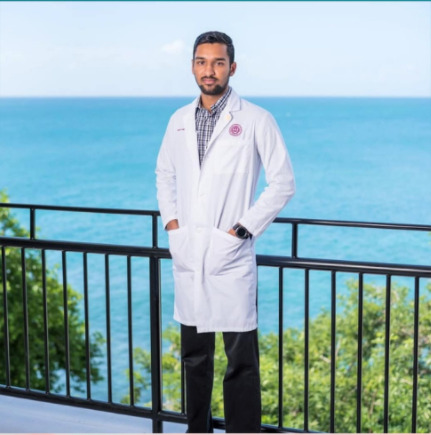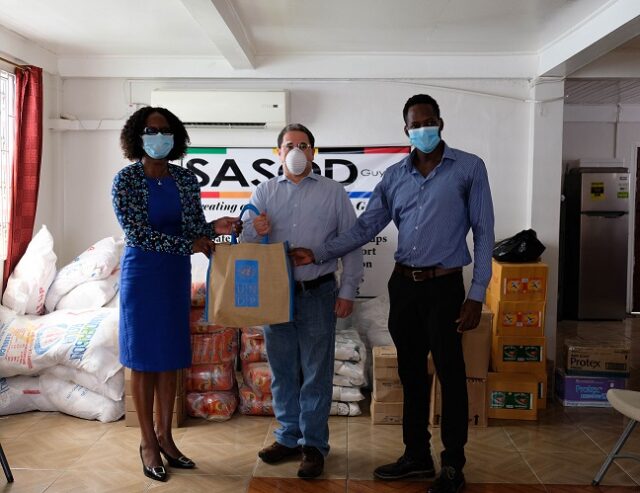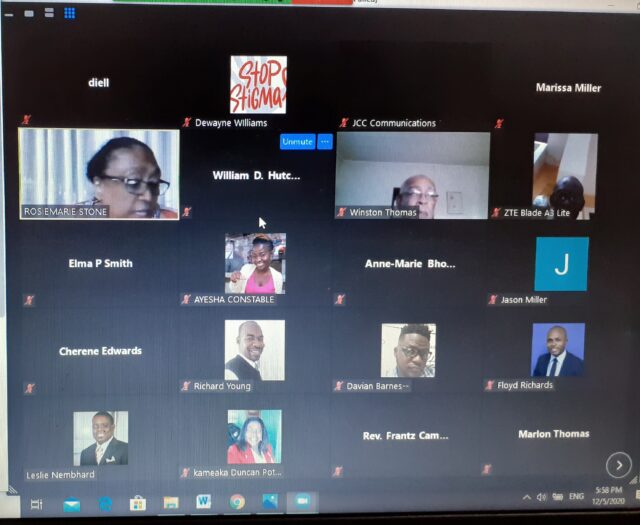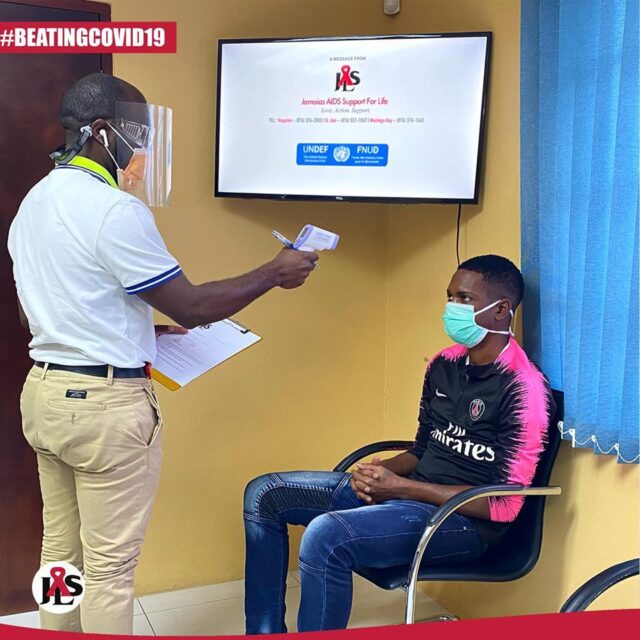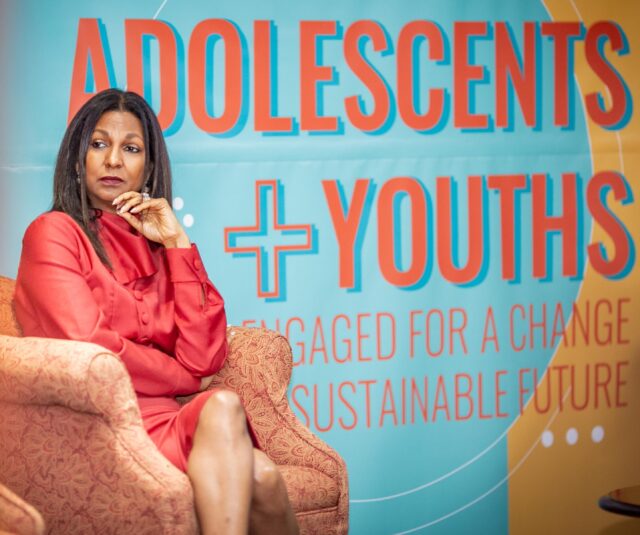World AIDS Day is commemorated on 1 December every year since its initial observance in 1988. It is an opportunity for global unity to show support for People Living with and affected by HIV, to raise awareness about HIV and AIDS and to remember those who lost their lives to AIDS.
This year introduced us to a new virus called COVID-19 that emerged and caused a pandemic. We saw firsthand how pandemics affect health, lives and our way of life. COVID-19 highlighted the relationship between health, socialization and the economy. We saw how a pandemic could threaten access to healthcare, especially to vulnerable communities and those facing inequalities. We saw how global supply chains bringing medications and lifesaving commodities could be disrupted with shutdowns in global trade and travel. COVID-19 showed us and reminded us that we must be resilient, united and work together to see an effective response. With this in mind, this year’s World AIDS Day theme is “Global solidarity, shared responsibility”.
Global solidarity, shared responsibility speaks to the importance of all communities actively taking a role in response to public health threats like HIV, AIDS and COVID-19.
We have learned valuable lessons over time in our work in HIV and AIDS. These lessons include working together to offer people-centred services, leaving no one behind and reaching persons where they are. We have learned that we must fight stigma and discrimination and address health inequalities to achieve the best outcomes and best lives for People Living with HIV (PLHIV). Those lessons and services centred around such fundamentals allowed resiliency and ongoing HIV care in the face of COVID-19. These are some of the best practices that are the cornerstone of work in the Bahamas National HIV/AIDS Centre and Programme that have resulted in overall declines in new HIV infections and AIDS-related deaths.
Indeed our work in HIV and AIDS is a lesson in what we can do and accomplish when we all work together. For us to continue to make strides in our response, there needs to be a unified global response. The health response, including HIV and AIDS, must be fully funded and financed. All aspects must be strengthened, including the supply chain of antiretroviral therapy and access to innovative testing modalities. Health care workers providing care must be supported. Health systems require strengthening. Access to medicines and vaccines must be equitable and assured. Human rights for all must be respected. This requires committed and dedicated leadership. Every one of us plays a role as well. Shared responsibility reminds us of the fact that what we all do matters and that we must make a collective effort along with the efforts of governments, civil society and others for the best response and the best possible outcomes.



